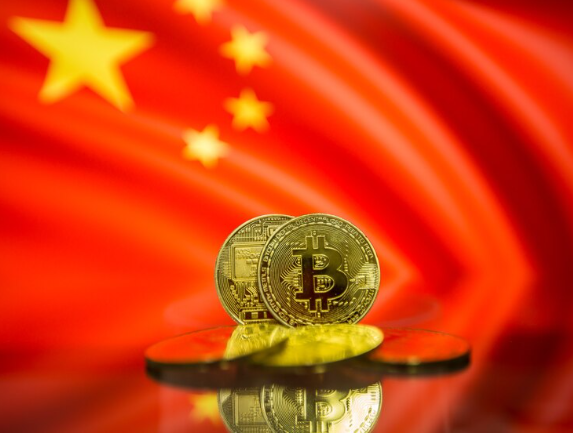If you look back over the last ten years of Chinese history, you can observe that China has been heavily involved in cryptocurrencies. In 2021, China’s decision to restrict Bitcoin mining and cryptocurrency trade came out as shocking news. Although the restriction was implemented in phases, it still made an impact. By the end of September 2021, all crypto transactions will be prohibited. As predicted, it harmed the cryptocurrency market, causing the Bitcoin mining rate to fall dramatically. Consequently, several Chinese cryptocurrency exchanges shut down, leaving traders concerned about the industry’s prospects following the Ban.
As well all know, China stands second to have the largest economy. So, its actions in the crypto world cause a significant impact on crypto adoption worldwide.
A complete overview:
While in 2021, China stunned everyone throughout the world. But it wasn’t a complete shock to those involved in the crypto industry. Because China has restricted the use of Bitcoin quite a few times in history, if you go through that, you will get the idea of where 2021’s crypto mining ban came from. So, let’s find out!
2011: Growing Interest in Bitcoin
Satoshi Nakamoto invented Bitcoin in the year of 2009. It is a type of digital currency that does not run by the government. It was first invisible in the Chinese market, but in 2011, Chinese people started showing interest in cryptocurrencies like Bitcoin.
The launch of a centralized exchange known as Bitcoin China was the reason behind the increasing popularity of Bitcoin in the Chinese market. Significantly, in the early days of cryptocurrencies, Bitcoin China played a significant role in global Bitcoin trading.
2013: Bitcoin popularity surges, and China outlaw cryptocurrency.
The growing popularity of Bitcoin in China in year of 2013, many businesses use it as a Leverage and began to use it as a mode of payment. At the same time, people in China became aware of Bitcoin mining, which has now grown into a lucrative sector. While Chinese government, on the other hand, made the first measures to prohibit Bitcoin commerce in 2013. The People’s Bank of China (PBC) placed a new regulation on financial institutions and make it illegal for banks to deal with virtual currencies such as Bitcoin.
However, this limitation did not make it illegal for Chinese nationals to purchase, keep, or send Bitcoin, but it did make accessing and exchanging it more difficult. Following the PBC’s new guidelines, several Bitcoin exchanges, like as Bitcoin China, ceased accepting yuan deposits.2017.
China outlaws crypto ICOs:
The 2017 Crypto Boom: The prices of Bitcoin and Ethereum rose during the 2017 crypto bull market, attracting a big number of Chinese investors and dealers.
Concerns concerning Initial Coin Offerings (ICOs): The Chinese government implemented ban on “initial coin offerings” (ICOs), the digital tokens that are representing the new cryptocurrency ventures. Furthermore, many of these ICOs were unlicensed and proved to be scams.
Prosecution of Initial Coin Offerings (ICOs): Meanwhile, to address the issue, the government of China banned all ICO websites. All ICO-based exchanges were meant to refund investors’ cash. This move was made in order to minimize the demand for possibly risky ICO investments.
Centralized Exchange Closures: In order to better oversee the cryptocurrency industry, the Chinese government forced the closure of a number of centralized cryptocurrency exchanges (CEXs). It has an effect on large sales, such as Bitcoin China, which renamed itself BTCC and transferred its headquarters to the United Kingdom.
In 2021, Use of Crypto Ban in China
China officially decides to outlaw Bitcoin mining as well as all cryptocurrency exchange and transactions in 2021. This action caused Bitcoin’s hash rate to decrease. Significantly, it is now illegal for any employee of a Chinese computer company to invest in cryptocurrencies. Moreover, this law applies on individuals, companies, and institutions to use or accept cryptocurrencies like Bitcoin and Ethereum.
In a nutshell:
Since the 2021 restriction caused Bitcoin’s hash rate to drop significantly, China has played a major role in the cryptocurrency market throughout the years. Therefore, it is reasonable to assume that China’s cryptocurrency commercial operations will have a big impact on global crypto. Bitcoin is still recovering from the ban, and some Chinese investors are trading covertly.











